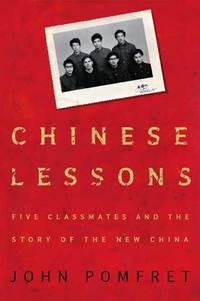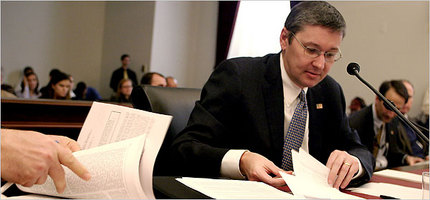We are . . . all constantly reminding each other that "money doesn’t buy happiness."
Economists aren’t so sure. They note that people with a lot of money tend to express a higher subjective happiness than people with very little. According data from surveys by the National Opinion Research Center, for example, people in the top fifth of income earners are about 50% more likely to say they are "very happy" than people in the bottom fifth, and only about half as likely to say they are "not too happy."
There is, however, generally very little change in the average level of happiness in populations getting richer over the years. For instance, the percentage of the U.S. population saying it was "very happy" in 1972 was exactly the same as it was in 2002: 30.3%. Social critics of "consumerism" explain this by claiming that what makes rich people happy is not money per se, but rather the fact that they have more of it than others — so if everybody gets richer, happiness remains unchanged. The critics go on to say that income differences lead to unwholesome feelings of superiority, so taxes can improve our moral fiber simply by bringing us closer to the same income level.
Perhaps you’re unconvinced. In fact there is another explanation for unchanging happiness levels over time which is rather less supportive of income redistribution. As incomes rise, so generally do levels of government revenues and spending, and there is evidence that these forces work against personal income on the overall level of happiness. For example, a $1,000 increase in per capita income is associated with a one-point decrease in the percentage of Americans saying they are "not too happy." At the same time, a $1,000 increase in government revenues per capita is associated with a two-point rise in the percentage of Americans saying they are not too happy. In other words, not only can money buy happiness, but it may be that the government can tax it away as well.
For the full commentary, see:
ARTHUR C. BROOKS. "Money Buys Happiness." The Wall Street Journal (Thurs., December 8, 2005): A16.


 Cooling towers at the Vogtle nuclear power plant in Georgia. Source of photo: the online version of the NYT article quoted and cited below.
Cooling towers at the Vogtle nuclear power plant in Georgia. Source of photo: the online version of the NYT article quoted and cited below. Castro impersonator Eddy Calderón. Source of photo: online version of WSJ article cited below.
Castro impersonator Eddy Calderón. Source of photo: online version of WSJ article cited below. 




